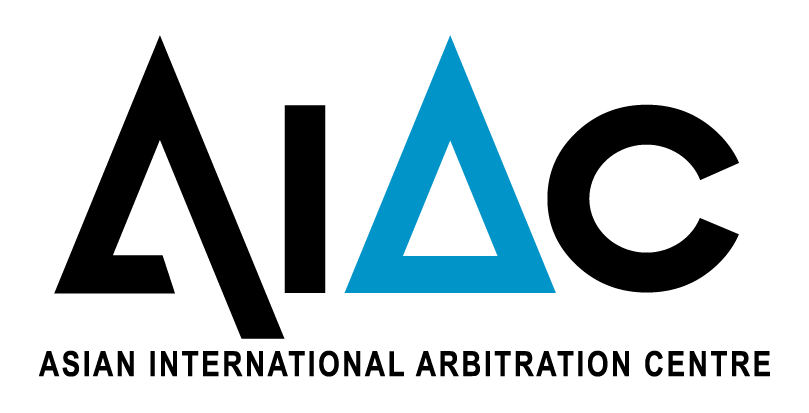ANNOUNCEMENT
April 08, 2014
KLRCA Talk Series : Interesting and Important Differences Between National Arbitration Laws
Kuala Lumpur – KLRCA’s Talk Series perpetuated into the second quarter of 2014 with a Scandinavian infused session titled ‘Interesting and Important Differences between National Arbitration Laws.’ The speaker for this session was Mr Paulo Fohlin (Partner, Odebjer & Fohlin, HK), a native of Sweden who possesses vast experience in the field of arbitration and litigation dating back to 1988. Mr Paulo’s accolades include being a Chartered Arbitrator (C.Arb), Fellow of the Chartered Institute of Arbitrators (FCIArb) and Foreign Lawyer of the Hong Kong Law Society. In addition to the aforementioned credentials, Mr Paulo is also included on the panels and rosters of multiple arbitration institutes across the region.
KLRCA had the pleasure of having Mr Philip Koh (Senior Partner, Messrs Mah-Kamarriyah & Philip Koh) to moderate this talk session. Mr Paulo began proceedings by touching on the New York Convention on the Recognition and Enforcement of Foreign Arbitral Awards of 1958, and the UNCITRAL Model Law on International Commercial Arbitration of 1985 before diverting the attendees’ attention to two differences; res judicata and arbitral jurisdiction. He then went further in explaining the basis of each term as well as their implications between different states. Citations given on res judicata and domestic codification stretched across several countries; Malaysia, Singapore, Hong Kong, England, Sweden and France. In relevance to res judicata, the term ‘estoppel’ was mentioned several times through cases such as ‘Carl Zeiss Stiftung v Rayner & Keeler Ltd (1967) (England)’ and ‘Associated Electric and Gas Insurance Services Ltd (Aegis) v European Reinsurance Co. of Zurich (European Re) [2002] UKPC 1129, [2003] 1 WLR 1041’ amongst others.
Mr Paulo soon engaged the crowd into a flow of discussions by posing two questions; ‘Is res judicata a part of public policy or not?’ and ‘Is res judicata a jurisdictional issue or admissibility/procedural issue?’ The second half of the talk took an in-depth look on arbitral jurisdiction that saw references made on the ICSID Convention, Swedish Arbitration Act, Malaysia Arbitration Act 2005, the French JP Code, Art 1446, 1506, ICC Rules Art 6(4) and a host of other compelling examples to edify the attendees understanding on the matter.
An influx of further examples were given by the industrious Mr Paulo in efforts to fortify the information and knowledge imparted upon the crowd. The enlightening talk session soon drew to a close with our Hong Kong based Swedish counterpart answering a series of technically inclined questions pertaining to res judicata and arbitral jurisdiction.
8 April 2014

